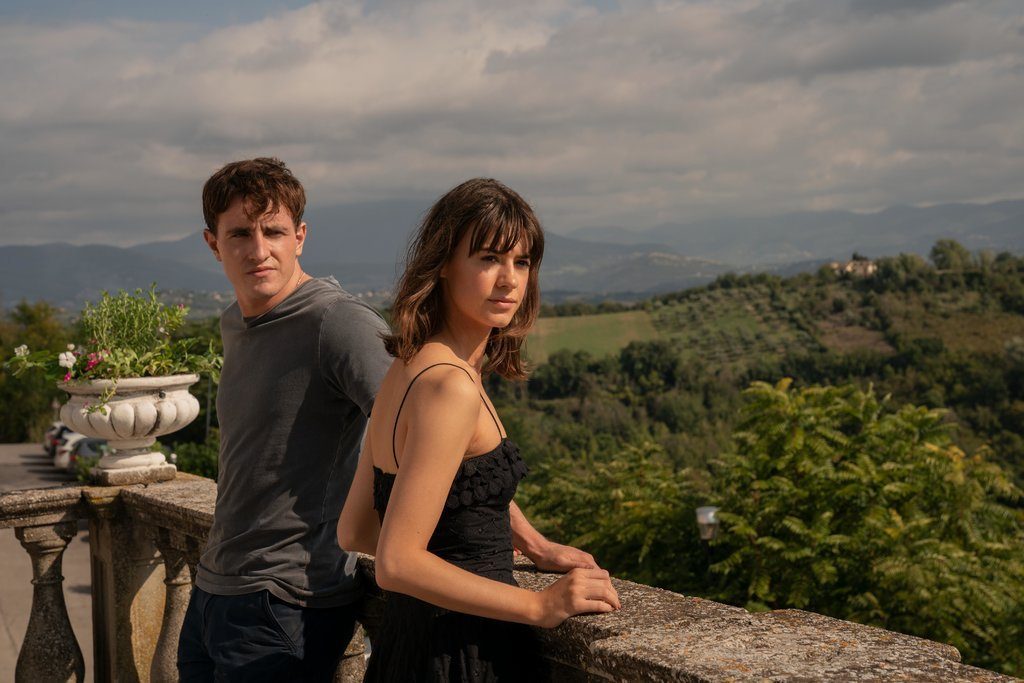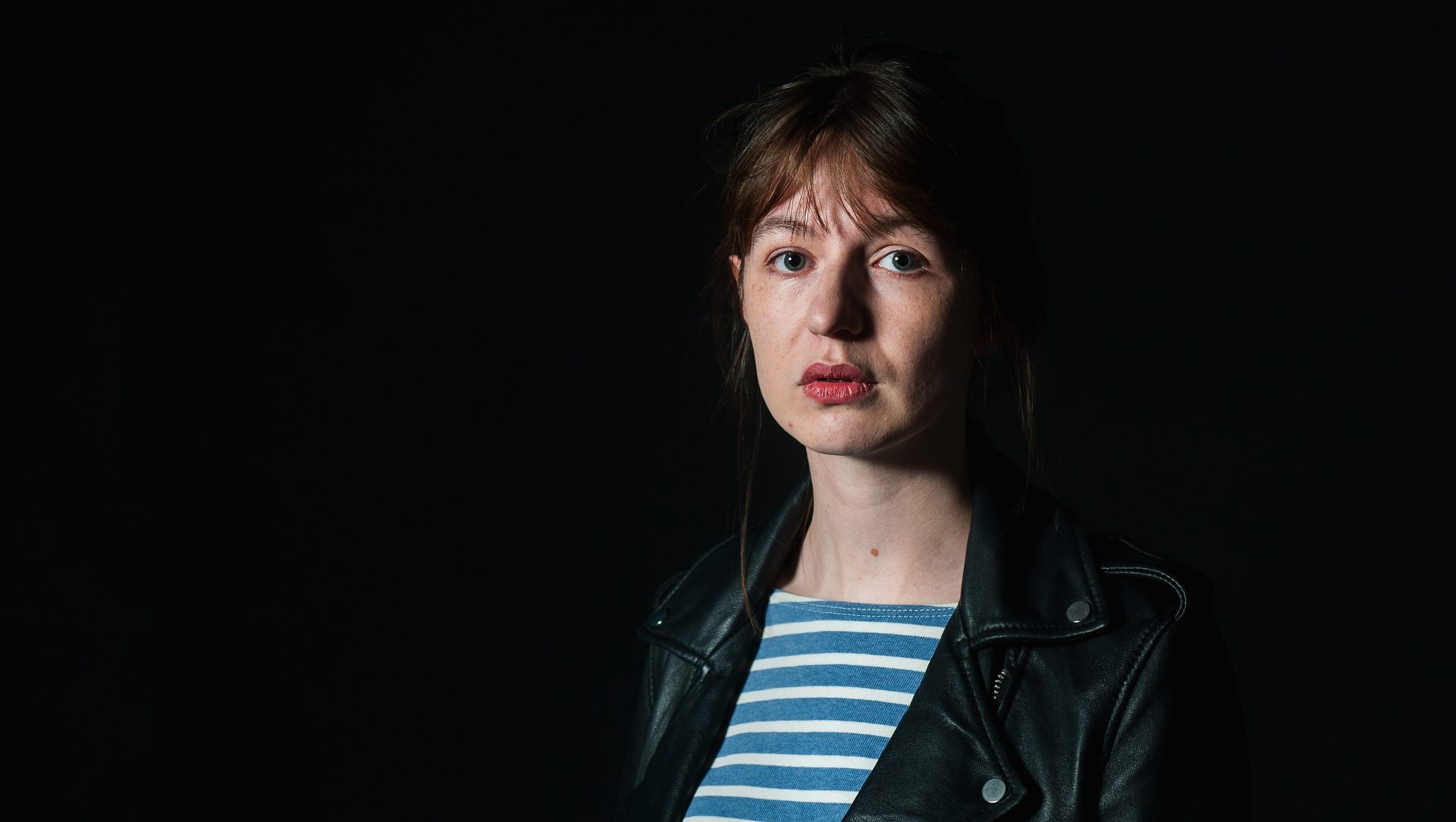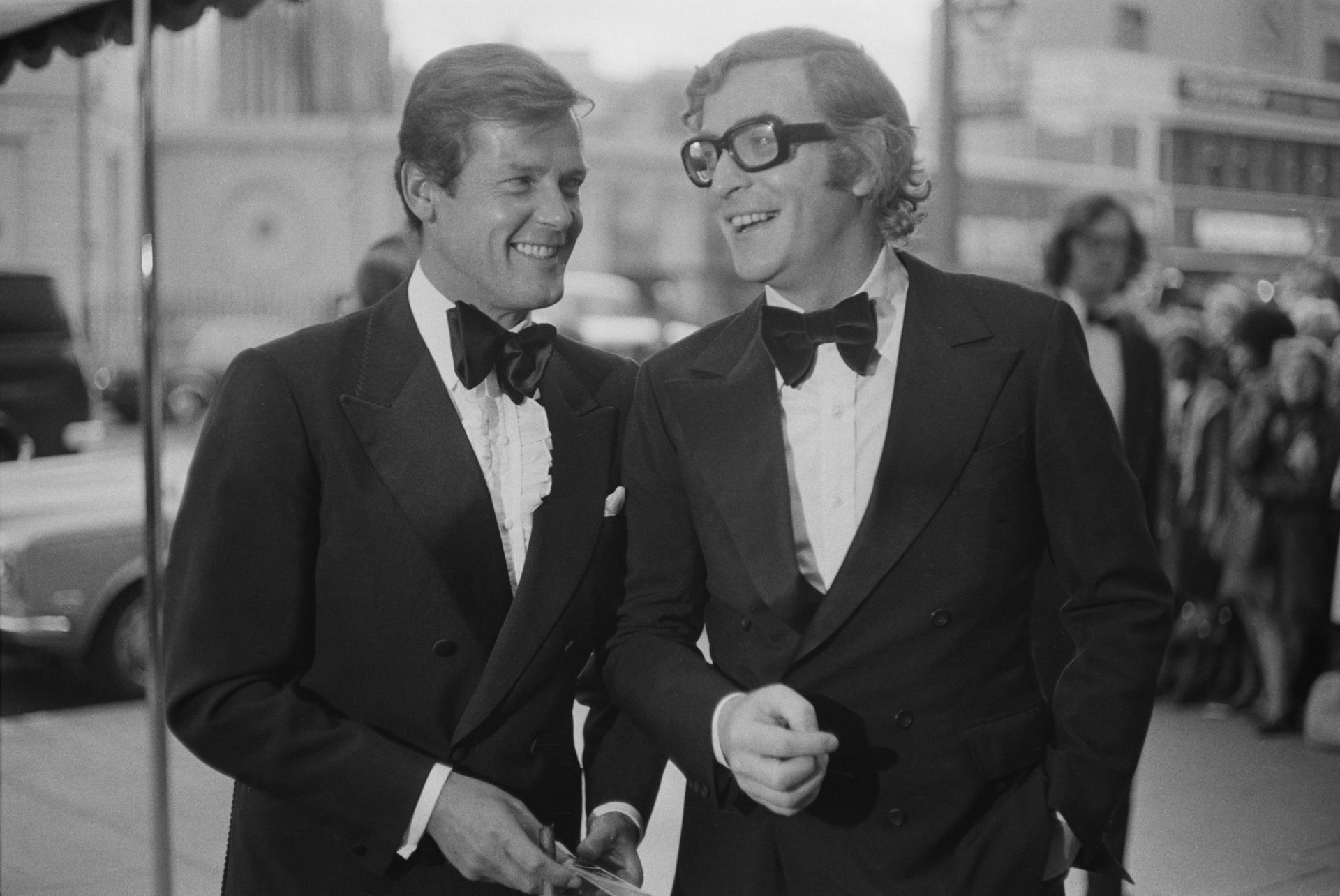Sally Rooney’s new novel Beautiful World, Where Are You is now at large. The chances are you already know this. Following the stellar success of Normal People, boosted no end by the BBC adaptation screened in April last year that has been streamed more than 60 million times on the iPlayer, Rooney’s third book was the most keenly anticipated fiction title since at least Margaret Atwood’s The Testaments, possibly even the last Harry Potter.
On publication day shops opened early to queues of eager fans determined to have the book in their hands as quickly as possible. Proof and advance reading copies had been changing hands online for three figure sums. Publishers Faber & Faber have even constructed a pop-up bookshop in East London specifically to shift copies of what looks almost certain to be the biggest selling hardback fiction title of 2021.
Lauded as the voice of her generation it already seems as if Sally Rooney has been around forever, yet her debut novel Conversations With Friends came out just four years ago. She’s barely turned 30, yet such has been the intensity of the interest in her and her work it feels as if a decade’s worth of scrutiny has been squeezed into less than half that time.
Three high-profile books in the space of four years is a prolific level of output for a literary novelist. Rooney has effectively concertinaed a meteoric career progression into a period in which some novelists struggle to complete one book, becoming one of the hottest literary properties of the current millennium in the process. The speed of her rise has been breathtaking, garnering life-transforming levels of acclaim and attention that she could never have envisaged.
For a writer this isn’t necessarily a good thing, as she seems to have realised early on. Rooney exercises as much control over the public-facing aspects of her career as she can, with considerable success considering the demands upon her. For Beautiful World, Where Are You she has given barely a handful of interviews and made only one significant appearance, a conversation with Emma Dabiri on stage at London’s Queen Elizabeth Hall. Otherwise she lives quietly with her husband in her home county of Mayo in the west of Ireland.
This unwillingness to be public property and determination to do something about it has led to Rooney being described in profiles and reviews as enigmatic, mysterious and in one particularly critical piece, a writer of “curiously aloof ” fiction.
Obviously there’s a difference between privacy and aloofness, but even then there’s nothing curious about it – for an author it’s the only way to be. When fame is bestowed upon writers, particularly at the level currently experienced by Sally Rooney, it can have a much more significant impact on their work and mental health than in other areas of the arts.
Writing a book is necessarily a solitary activity, one that needs time and as few distractions as possible. A writer spends months, sometimes years alone with their face bathed in the blue-white glare of a computer screen, transforming the words fomenting in their head into words on a page. For all that time, with the possible exception of a trusted confidant, nobody else sees the book.
Once finished the manuscript is submitted to the publisher where it’s edited and copy-edited before being made into a physical book and shipped off to reviewers and the shops.
That’s when it no longer belongs to the author. The document you’ve been alone with for all that time, the endless late night typing, scrolling, deleting and snacking, is now in thousands of other hands and it’s a difficult feeling to become used to. That’s when the publicity machine cranks into gear – interviews by phone, on Zoom, occasionally in a little windowless studio where a succession of local radio presenters appear in your headphones to ask the same questions as the last. There are festivals and events where you talk about the book, sometimes to a sea of faces in a marquee, sometimes to a dozen people crammed into the corner of a bookshop drinking warm white wine, all fuelled by the assumption that someone who chooses to spend their working days alone and in silence can stand up and entertain a crowd of people for 45 minutes plus questions.

From introspective solitude wracked with self-doubt to gregarious self-promotion is quite a gear change but that’s about standard for a midlist author, writers like me whose books don’t set the world ablaze but sell just enough to justify another contract. It’s some way short of the relentless demands of fame heaped upon Sally Rooney.
I broke out of that circuit once, a few years ago, when a book I wrote took off inexplicably to become a massive bestseller, a glimpse of what it must be like to be famous that I struggled to warm to. My events went from occasional gatherings intimate venues to full-on tours of huge rooms with actual queues at the signing table afterwards, then off to the snazziest hotel in town.
One day I was required to visit a vast distribution depot to sign teetering piles of paperbacks for bookshops. I was greeted like royalty and everything I said met with either gales of laughter or nervous concern that I had everything I needed. I didn’t recognise the person they thought was standing in front of them. I knew I was still the idiot who almost missed his train that morning because halfway to the station he noticed he was wearing odd shoes.
It wasn’t about the book any more: I was fielding enquiries from strangers asking all sorts of personal questions and was aghast when a Wikipedia page appeared in my name. For the first time I was seeing myself from the outside and I found that difficult. I wanted to tell everyone, wait, you’ve got it wrong, I’m just a bloke who sits in a messy room typing, eating Wotsits and hoping he can cover the rent at the end of the month. I’m nobody special, this is about a book, not me.
As literary fame goes it was pretty low-wattage and didn’t last long but it was still distinctly unsettling, enough to make me sensitive to Rooney’s misgivings about literary celebrity scattered through Beautiful World, Where Are You.
Like her previous books it concerns the internally complex lives of its main characters including Alice, a riotously successful novelist who’s just turned 30. Much of the narrative is in the form of e-mails between Alice and her friend Elaine, who edits a Dublin literary journal, correspondence in which Alice reveals her discomfort with newly-acquired fame.
“When I submitted the first book, I just wanted to make enough money to finish the next one,” she writes. “I never advertised myself as a psychologically robust person, capable of withstanding extensive public inquiries into my personality and upbringing.”
It immediately put me in mind of a 2019 interview Rooney gave to Vanity Fair after the publication of Normal People in which she said, “When I see my name or a picture of me I just get this horrible feeling. I’ve been really lucky in terms of the coverage of the book. But it’s just a sense of horror at my own personhood now being an object of public scrutiny or discourse.”
Authorship and celebrity make bedfellows more uncomfortable than some of the couplings in Rooney’s fiction. When your life is transformed to the extent hers has been, it’s no wonder she is determined to preserve as much privacy and normality as possible. For personal and professional reasons she has to remain the Sally Rooney that propelled her to where she is, the perceptive, insightful voice of a generation with a sensitive ear for the millennial experience. It’s no good being the voice of a generation if your voice can’t be heard from the distant stratosphere of mega-celebrity.
Sally Rooney didn’t crave this kind of attention. Few genuinely great writers do. As Alice says in Beautiful World, Where Are You, “people who intentionally become famous – I mean people who, after a little taste of fame, want more and more of it – are, and I honestly believe this, deeply psychologically ill”.
Seeking to avoid the hurricane of modern celebrity doesn’t make Sally Rooney mysterious, or even ‘curiously aloof ’. It’s about retaining a reasonable sense of herself while remaining an authentic voice, speaking to and for the normal people.
A European library
A weekly selection of fiction and non-fiction, new and old, to build a comprehensive literary portrait of our continent.
7. THE UNWOMANLY FACE OF WAR Svetlana Alexievich, trans. Richard Pevear and Larissa Volokhonsky (Penguin Modern Classics, £9.99)
Any and all of Belarusian Nobel Prize for Literature-winning author Alexievich’s works of oral history are a worth a place in a European library, from Chernobyl Prayer about the eponymous nuclear disaster to Boys in Zinc, a collection of interviews with veterans of the Soviet invasion of Afghanistan.
This book comprises a series of interviews Alexievich conducted in the 1970s and 1980s with Russian women who lived through the Second World War. A million women fought in the Red Army, these are the incredible stories of a handful of what Alexievich calls ”small, great human beings”.




